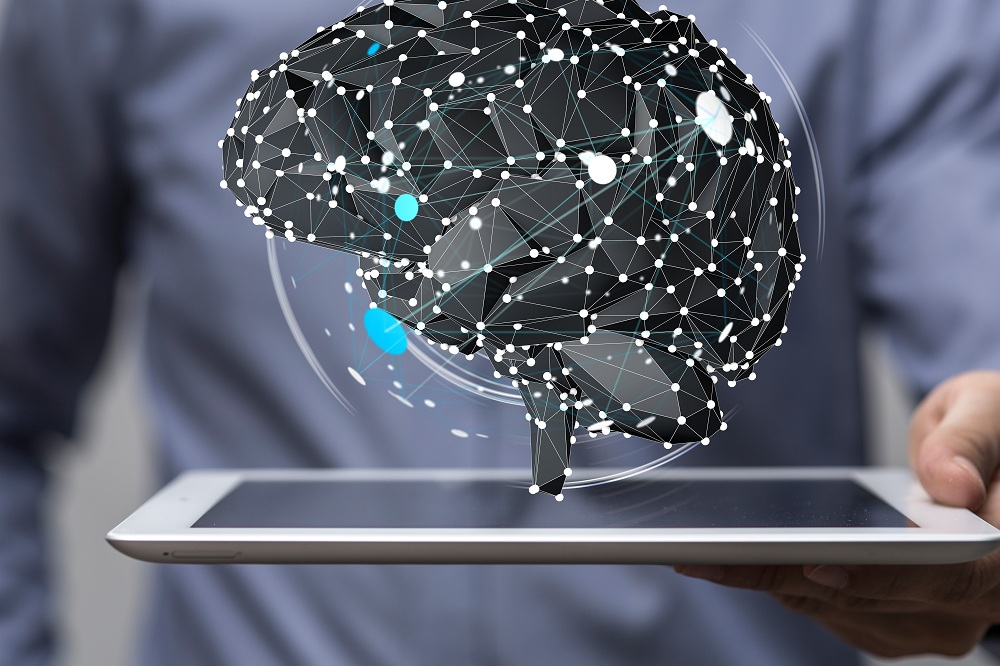AI World Lounge – Digital Media - In-Depth Reports. Cutting-Edge AI ...
Nova - The Intersection of AI and Culture
Culture is the fabric of human societies, woven from shared values, traditions, and artistic expressions. To humanize AI, developers are beginning to infuse it with the richness of cultural understanding. By training AI on literature, music, visual arts, and cultural history, we can guide it to interact in ways that resonate with human experiences.
Art: A Canvas for AI Expression
Art has always been a reflection of the human condition. Whether through painting, sculpture, or digital media, art encapsulates emotions, struggles, and the beauty of existence. AI has already shown promise in generating art, from creating original paintings to composing music. However, for AI to truly be "humanized" through art, it must go beyond mimicry and develop a deeper connection to the emotions behind the creation.
AI World Journal - Last week, the White House hosted a highly anticipated meeting with top AI industry leaders to address the future of artificial intelligence and its far-reaching implications across multiple sectors. This gathering highlighted the ever-growing importance of AI in shaping economic, technological, and societal landscapes, and emphasized the need for responsible governance to ensure that AI benefits everyone.

Key Attendees
The gathering brought together some of the most influential figures in the AI industry, including CEOs and founders of leading tech companies such as Google DeepMind, OpenAI, Microsoft, and Nvidia.
Future Outlook
The discussions at the White House reflect a broader trend of increased governmental involvement in AI policy and regulation.
AI World Journal - OpenAI, the organization behind cutting-edge AI models like GPT-4, has recently announced a new initiative, the Strawberry Project. While the exact details of this project are still emerging, it represents another major step in OpenAI’s quest to push the boundaries of artificial intelligence.
What is the Strawberry Project?
The Strawberry Project focuses on enhancing AI’s capabilities in reasoning, learning, and human-computer interaction. In the broader context of AI, the Strawberry Project symbolizes a future where powerful AI systems contribute positively to the world while minimizing risks, setting the stage for more controlled and ethical AI applications in the years to come.
At the 2024 All-In Summit, Sergey Brin, co-founder of Google and a prominent figure in artificial intelligence, shared his thoughts on the future of AI and the impact it’s having on society. Known for his pioneering work in technology, Brin’s conversation focused on the intersection of AI, innovation, and the responsibilities scientists and developers have in shaping this transformative field. He also highlighted how AI can unlock new potentials, from climate modeling to more accurate prediction models for global issues like pandemics or economic downturns.
Brin’s Perspective on AI’s Future
In addition to Sergey Brin's influential work, many AI scientists are exploring groundbreaking projects aimed at advancing artificial intelligence in meaningful ways.

The debates between Vice President Kamala Harris and former President Donald Trump in the 2024 presidential race were must-watch events for millions of Americans. The energy was palpable, and it wasn’t just about watching two candidates spar on stage—it was about engaging in a national conversation that could shape the future of the country.
How can AI help reduce misinformation during presidential debates?
Real-Time Fact-Checking Challenges: Misinformation, Bias, and Deepfakes. While AI offers many advantages, it also presents challenges, particularly when it comes to misinformation.
Rick Larson, PhD - The convergence of Quantum Computing and Artificial Intelligence (AI) represents a groundbreaking frontier in technology, promising to revolutionize numerous industries and solve previously intractable problems. By merging AI's pattern recognition and decision-making capabilities with quantum computing's unparalleled processing power, this fusion has the potential to dramatically accelerate computational capabilities and unlock new realms of innovation.
Key features of quantum computing include:
Improved Natural Language Processing (NLP). Quantum-enhanced AI can revolutionize NLP by improving the efficiency and accuracy of voice assistants, chatbots, and translation services.

If you're like millions of loyal Apple customers eagerly awaiting the release of the new iPhone 16, which launched today, the excitement around what Apple has delivered this time is palpable—especially when it comes to the highly anticipated AI advancements. Apple has a long-standing reputation for pushing the boundaries of smartphone technology, and with the iPhone 16, AI is set to take an even more central role in enhancing user experience and functionality than ever before.
Smarter Battery and Performance Management
Apple's commitment to integrating AI into its devices is clear, and the future holds even more potential for innovations.










